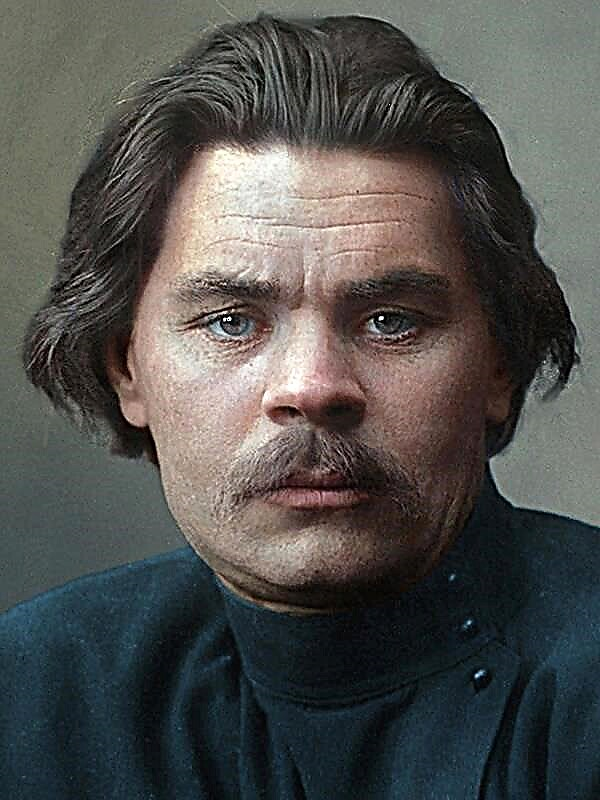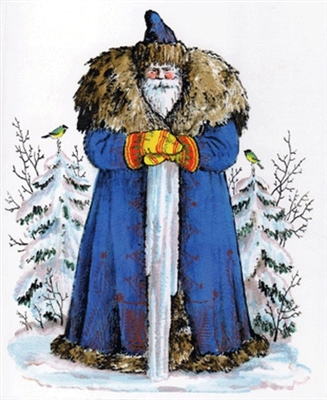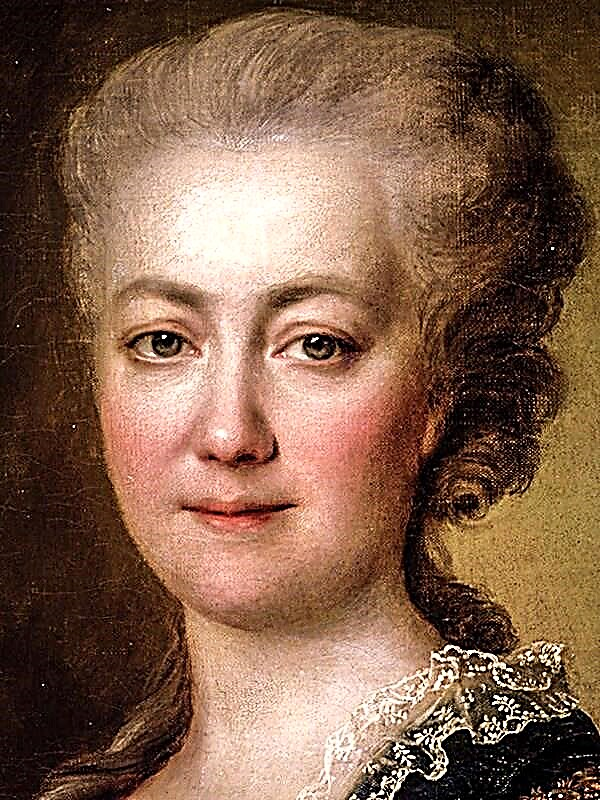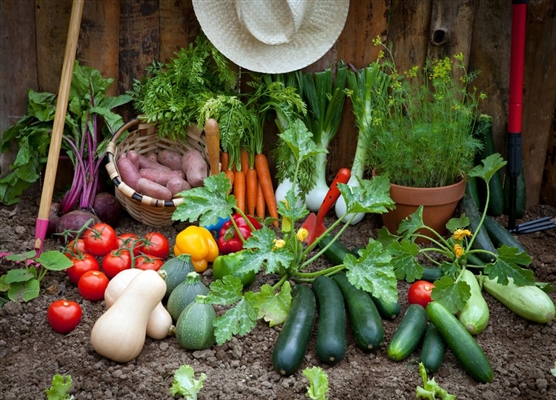(475 words) How do you understand the meaning of the words “kindness” and “generosity”? For me personally, they have a common semantic basis, but different meanings. In order to understand their similarities and differences, let us first turn to the dictionary. Kindness is the desire to help people, do something good, take care; and generosity is a manifestation of the highest spiritual qualities, the ability to sacrifice oneself for the sake of others, the ability to discern something bright where no one notices it. It turns out that in the first case, good is done in a comfortable environment for helping, but in the second, no. I believe that the concepts of kindness and generosity are inseparable, because nurturing a good start in yourself is the first step towards generosity. Let us consider in more detail the manifestations of both of these qualities using examples from literary works.
In the play by M. Gorky, "At the Bottom," the insignificance of the existence of people who have lost all sorts of statuses and ranks is described. They are divorced from the joys and sorrows of ordinary life by their own stupidity, each of them has its own sad story. But among this society a real ray of light appears - Luke. He is looking for an approach to each of the inhabitants of the "bottom", trying to respect in word or deed. He can be called a truly good hero. So, he listens and calms the dying Anna, it is thanks to Luke that the woman ceases to be afraid of death, the wanderer gives her care to the other world, as a rest from all the troubles and difficulties on earth. He gives the actor hope that a bright future is possible, and that the future is in the hands of each of us (Luke talks about the hospital from alcohol dependence). Reconciles the fantasy-loving Nastya and the "truth-teller" Baron. Luke became a breath of air in the dusty stench of a shelter. He wraps in his fatherly love everyone who needs it, shows sympathy and understanding. But at the same time, he does not sacrifice himself, but in the final he completely leaves those whom he helped.
We can find an example of generosity from the same writer in the book of M. Gorky, “The Old Woman Isergil,” a story about Danko. The tribe, once happily living between the forest and the steppe, was driven into the thicket, and people began to die from the poisonous evaporation of the swamps. None of them dared to go either back where the strongest tribes were, or forward into the void; and only Danko decided to lead the tribe and lead him along, the first to step into the darkness of obscurity. But after a while, people began to grumble at the young man, not being able to admit their own mistakes in the stupid waste of energy, then Danko sacrificed himself, in the name of saving those who were ready to kill him. The young man pulled out his own heart, illuminating the path, and led the people out of a hopeless forest to daylight. He only managed to laugh, life quickly left him, but he did a generous act, because he sacrificed himself to save society.
In conclusion, I want to emphasize once again that kindness and generosity are inseparable qualities that we need. Their only difference is that being a kind person (that is, helping people without risking oneself) is easier than generous, because being able to sacrifice yourself and your comfort for the sake of others is a real feat. Of course, each of us should strive for such a shrine of the soul, the first step towards which will be kindness.












